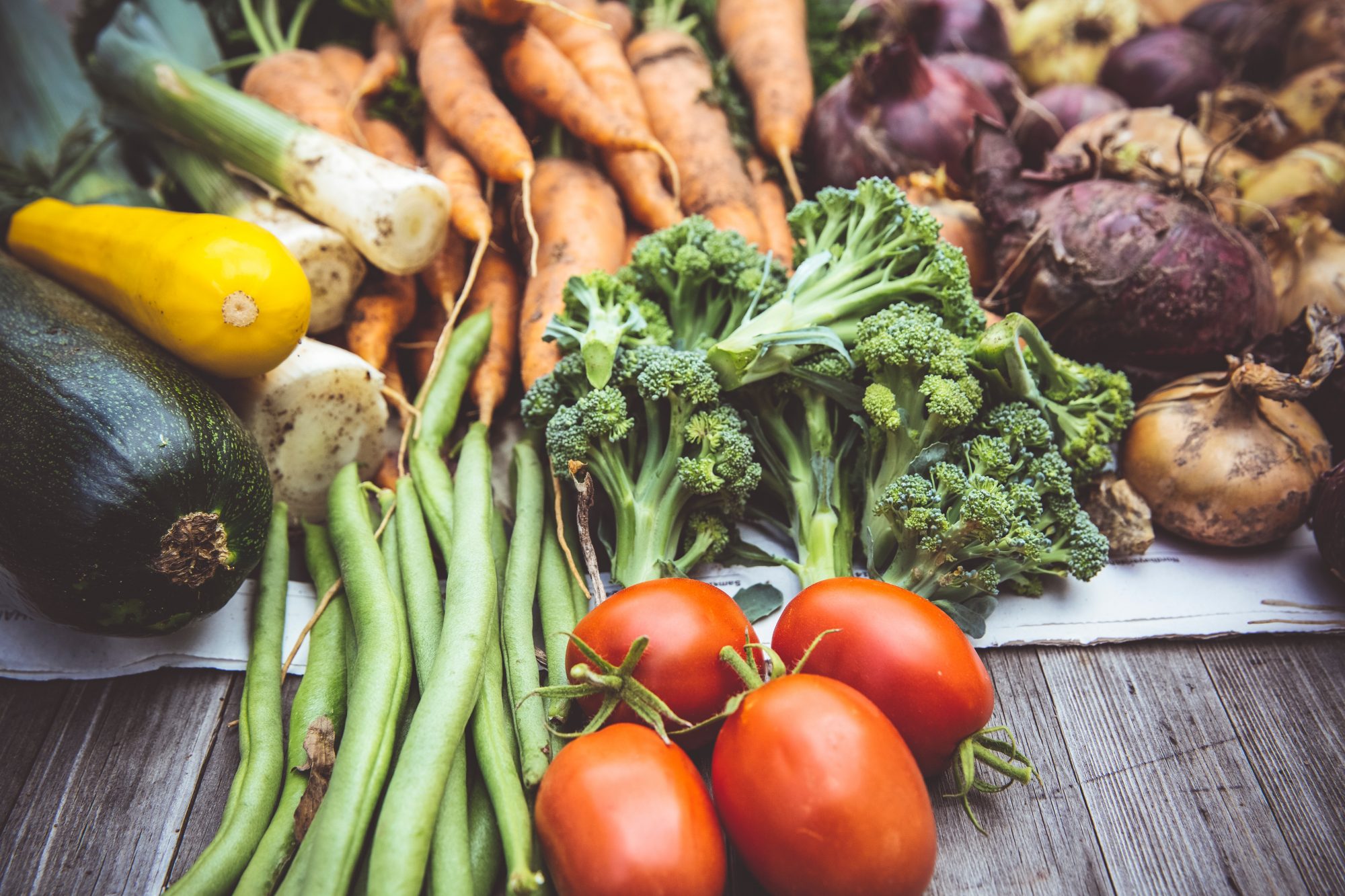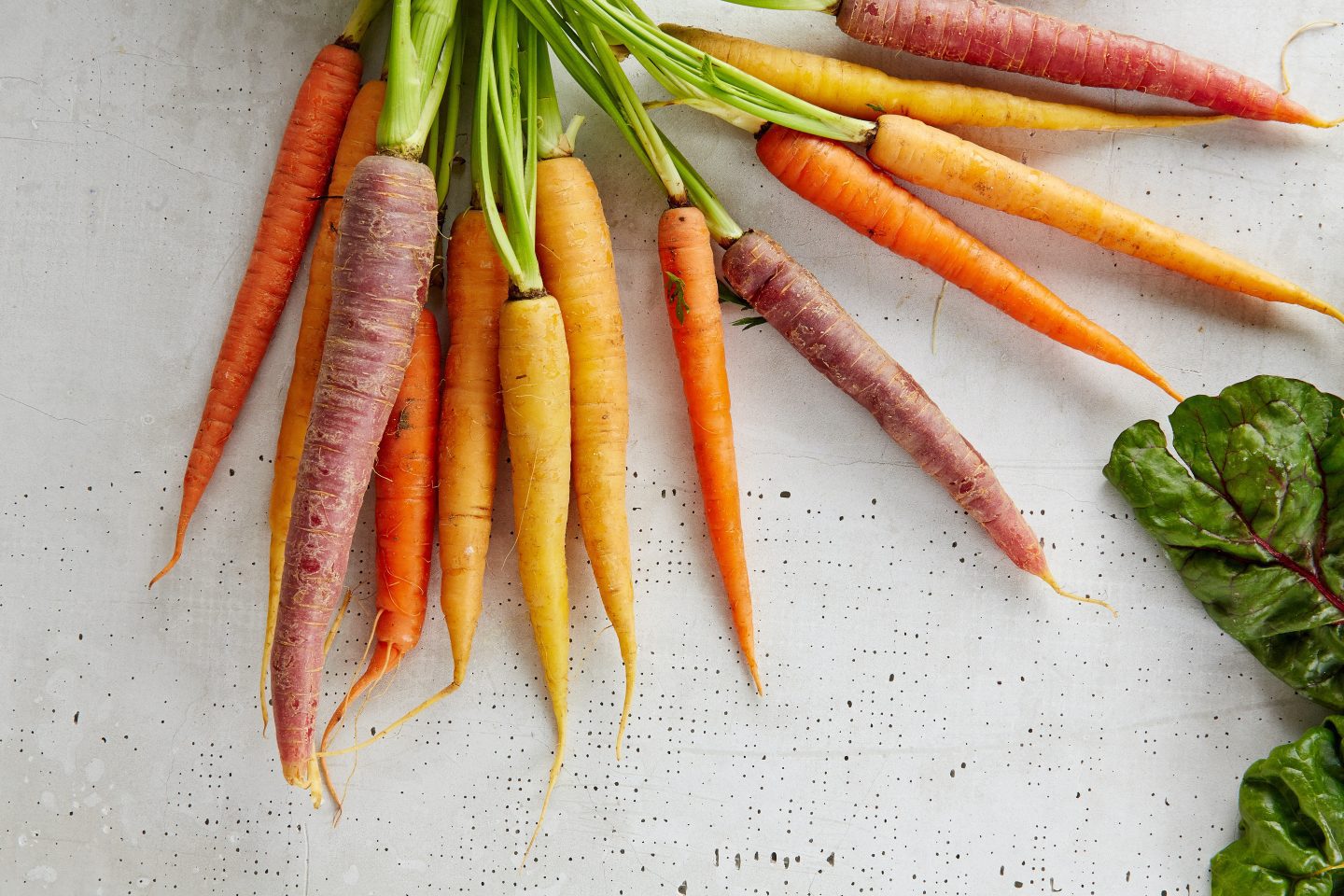
Why Vegans Should Also Choose Organic
The organic movement began in the 1990s. People wanted an alternative to conventionally produced crops, hoping that the notion would grow into an international permaculture movement.
That didn’t happen. However, organic food remains the gold standard and pretty much everyone agrees it is superior to conventional produce. Moreover, vegans should be buying organic produce and products whenever possible. Here’s why:
Reduces Pesticide Exposure
One of the main reasons for buying organic products is the reduced pesticide load. Farmers must grow organic cotton and food with as few chemicals as possible, helping to keep it natural, as nature intended.
Unfortunately, pesticide residues on foods can lead to adverse consequences, which may undermine the benefits of a meat-free diet for some. For example, pesticide exposure can lead to tingling in the hands and feet, causing distress to some people. Other consequences of pesticide exposure can include things like cancer, birth defects and reproductive problems (which is why so many of them are banned by international law).
Organic produce uses natural fertilisation and physical pesticide control to keep bugs off food. Many farmers invest in nets and use special tactics to discourage insects from taking over their fields and destroying crops.
Support Small Farmers
Vegans should also choose to go organic because it supports smaller farmers. Local producers are more likely to grow these crops than large, multi-national suppliers.
Greater Biodiversity
Organic farming also encourages more biodiversity than conventional farming, which is good for the environment. Growers must rely on ancient forms of pest control which maintains higher populations of insects and avoids wiping out the beneficial ones, as regular pesticides do.
Increasing biodiversity is essential for the long-term health of the planet. More species living in the soil and close to crops let nature thrive and avoid the dreaded mono-cropping, which is a technique that involves growing the same crop in an area and wiping out everything else.
When biodiversity thrives, so too does the environment. More species move into the area, soil quality rises, and the area becomes more sustainable long-term.
Better Nutrient Density
Organic food also offers higher nutrient density compared to conventionally grown foods. That’s because plants must develop native stress defences instead of relying on farmers to provide them exogenously.
Researchers believe this occurs for two reasons: higher soil quality and a greater need for tissue defence. Plants must synthesise more of the nutrients we consume to preserve their tissues and thrive. Without extra vitamin C or phytonutrients, the sun might damage them, preventing them from surviving until maturity. Our bodies can appropriate these compounds and use them to defend our cells.
Estimates put the nutrient density of organic foods around 50% higher than that of conventionally grown alternatives. However, these differences vary depending on the food, with some offering hundreds of times more nutrients than those grown in protective environments.
Lower Environmental Impact
Going organic also massively reduces the environmental impact of food production (mainly for reasons we’ve already discussed). Farmers often adopt low-impact practices that preserve the local environment and protect existing ecosystems, working with them.
More specifically, many farmers are less reliant on fossil fuels, doing more of the work by hand. Farmers are also less likely to use as much water, allowing plants to feel stressed before providing them with sustenance. This approach increases food quality while reducing environmental impact. Pound for pound, the benefit of organic food is often higher.
Lastly, organic farmers don’t farm fields as intensively as conventional farmers. The land and soil get a break from constant production where worms, bacteria and insects can create thriving ecosystems that support crop growth and nutrient value in future years.
Safer For Children
Organic options might also be safer for children. Young kids and infants are more susceptible to neurological damage from pesticide residues, which can harm them enormously and arrest proper development.
That’s why many parents are choosing an organic baby mattress for their baby’s crib instead of a conventional one. Products like these are virtually pesticide-free.
Going organic gives you peace of mind that you are protecting your child as a parent. Even if the risk of pesticide exposure is low, you no longer need to think about it when you are pesticide-free.
Tastes Better
Another significant benefit of organic food is that it tastes better. Many people get put off eating a vegan diet because the fruits and vegetables taste bland (and usually unripe). Most are picked before they are ready and shipped in refrigerated lorries hundreds of miles to their final destination. This approach makes everything taste bad and doesn’t do justice to these incredible, delicious foods.
Organic food tastes better because it is often riper and higher in flavoursome compounds. It may also have a lower water content, particularly if experienced professional farmers stress the food. As such, you’ll immediately taste the difference and wonder why you didn’t try it before.
Unfortunately, many people assume that conventionally grown produce is the only option. Consumers have strong opinions that some foods just taste bad.
Therefore, going organic is an excellent way for vegans to prove that this way of life isn’t bland. Food can still taste great, as long as farmers grow it in the right way.
Avoids GMOs
Organic food also completely avoids genetically modified organisms. It is against the rules for farmers to use non-natural selection methods on their crops.
GMOs are potentially dangerous for several reasons. While the direct risks to humans are minimal, the indirect issues are substantial.
The main problem is that GMOs are novel foods. Genetically editing wheat turns it into a fundamentally different species that could have unknown properties and effects long-term. We know natural strains of wheat are safe because we are still here today, but we don’t know what impact genetic modification might have on the human body.
The other concern is mono-cropping. If GMO plants are identical, a single errant virus or disease can wipe them all out and none of them will have any natural defences or immunity.
However, the problem with GMOs goes beyond that. Many large companies want to leverage the technology to make more money, without considering the impact on consumers. Even with natural selection, we already have a food system that promotes disease and obesity. Genetic modification to produce more desirable crop characteristics could accelerate this process further, making it even harder for people to eat well. Even whole grains could become adulterated, leading to nutritional deficiencies and disease.
Organic food eliminates this risk. Farmers cannot give it the “organic” label if it contains gene-edited crops, even if they abstain from using pesticides and herbicides.
Better Alignment With Ethical Values
Going organic also generates a better alignment with vegan’s ethical values. Many people who follow this lifestyle are concerned about animal welfare, but they also want to protect the planet.
Eating conventionally grown food doesn’t help you achieve this objective. While it might be convenient, it also causes considerable planetary harm, which could be unacceptable, depending on your values.
Getting a veg box and buying organic products helps to avoid these issues. While they might be a little more expensive, they preserve the natural environment and prevent additional degradation from taking place.
Tips For Choosing Organic Products
Now you understand why vegans should go organic, we take a look at some tips for choosing helpful products. Here’s what you need to know:
Look For The Organic Seal
No matter where you are in the world, all organic food should come with an official seal, proving its origins. Authorities regularly audit producers at random to ensure they actually grow organic food and don’t use any banned substances or practices on their crops.
The best producers operate “open farms” where anyone can show up and test the produce for pesticide contamination. These facilities often offer veg boxes so you know precisely where your food is coming from.
Look For The 93% Threshold
Another pro tip is to look for the 93% threshold when choosing organic food products. This standard means retailers can only label items as organic if 93% of the ingredients were grown without pesticides.
Buy Locally
If you want to increase the likelihood you are buying organic food, purchase items locally. Talk to the producers and see what they say about their crops and whether they are willing to show you their growing methods.

Choose Thick-Skinned Fruits And Vegetables
Fruits and vegetables with the thickest skins are most resistant to pesticide infiltration. Therefore, farmers spray them less. Good examples include bananas, onions, and sweetcorn. You might be able to buy these non-organic and then buy thin-skinned organic, such as berries and apples (among the most heavily sprayed crops in the food chain).
Double-Check Grains
Finally, while it is relatively easy to find organic produce, buying products with organic grains is more challenging. These are the most commercialised of all foodstuffs and are most likely to contain high levels of pesticide residue.
Fortunately, more growers are now dedicating space to growing ancient grains grown without any nasties.


